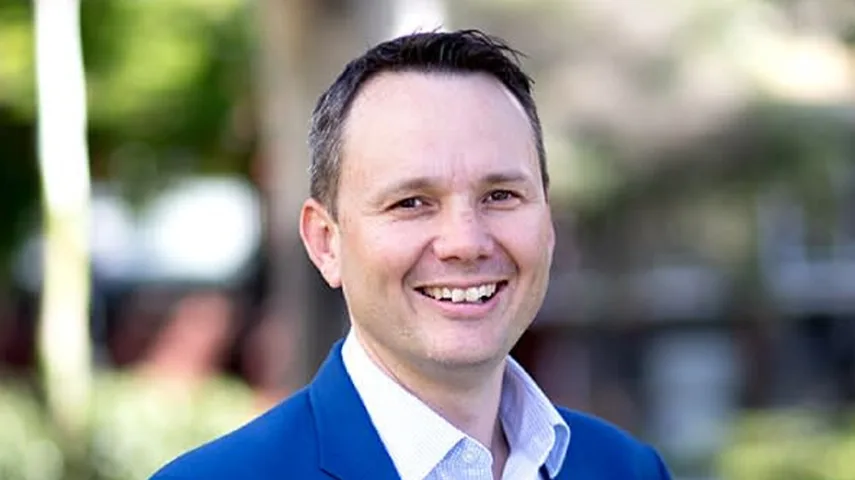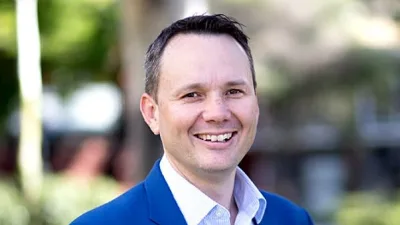FAAA shares 5-year plan



The Financial Advice Association Australia (FAAA) has shared its plans for the next five years, with a focus on growing the profession and co-regulation by 2030.
Speaking at the organisation’s annual conference in Brisbane, chair David Sharpe outlined the strategic vision and priorities for the FAAA to 2030.
This followed collaboration and feedback from its members, as well as board and management.
There are three distinct pillars to the roadmap:
- Members first.
- Grow the profession.
- Lead the profession.
Sharpe said: “The environment in which we operate is rapidly changing, and professional financial planners are being challenged more than ever before. The rapid pace and uncertainty surrounding regulatory change, rising costs, falling numbers of professional financial advisers and improving public perceptions of our profession are all significant trends that we aim to address.”
One area the organisation is exploring is achieving co-regulation by 2030 as a stepping stone to full self-regulation at a later date.
“A crucial goal is to one day be able to self-regulate as a profession, and we believe the first step is that by 2030, some level of co-regulation should exist.
“We’ve been too beholden to those outside our profession to govern our fate and to determine our standards – we believe we are now ready and qualified to ultimately control our own education standards and training, code of ethics and disciplinary regime. This is a long-term process, but we are committed to moving towards what other professions already have. This shouldn’t be controversial.”
Speaking to Money Management earlier this month, Sharpe previously shared financial advice should be treated the same way as other professions such as law and medicine.
“We think the profession should take their standards back in the medium term. In terms of guidelines around the practical implementation of advice, who better to do it but actually advisers to set that standard? That’s how law does it, that’s how medicine does it, that’s how accounting does it. They control their own standards – it’s not set by bureaucrats who really don’t understand advice at all.
“You would obviously have legislation set, but in terms of practice standards, it would be set by the profession itself and held to account by advisers.”
Sharpe is also keen to expand the number of advisers in the sector amid a supply/demand challenge where growing volumes of consumers are actively seeking financial advice.
He said: “Our next pillar is to grow the profession. We continue to lose financial planners and we recognise that with numbers falling, it becomes more difficult to service the growing advice demands of Australians.
“We are working on promoting entry and career pathways to new and returning financial advisers, including promoting the profession as a career-change option and to make Australia an attractive option for skilled migration. We are already working to build the pipeline for financial advice in education and the Professional Year.”
The organisation has already signed an international memorandum of understanding with the Financial Planning Standards Board (FPSB) India to allow advisers in both countries to develop their career across borders. The two organisations will work together to align certification requirements in accordance with FPSB’s cross-border certification policies. This will make it easier for Australian certified financial planner (CFP) professionals to seek certification in India, fostering professional exchange and collaboration.
It will also be launching a campaign aimed at promoting the advice profession as a career choice, especially targeted at career changers as well as promoting the value of advice to consumers and the CFP designation.
Recommended for you
ASIC has released the results of the latest financial adviser exam, held in November 2025.
Winners have been announced for this year's ifa Excellence Awards, hosted by Money Management's sister brand ifa.
Adviser exits have reported their biggest loss since June this week, according to Padua Wealth Data, kicking off what is set to be a difficult December for the industry.
Financial advisers often find themselves taking on the dual role of adviser and business owner but a managing director has suggested this leads only to subpar outcomes.












